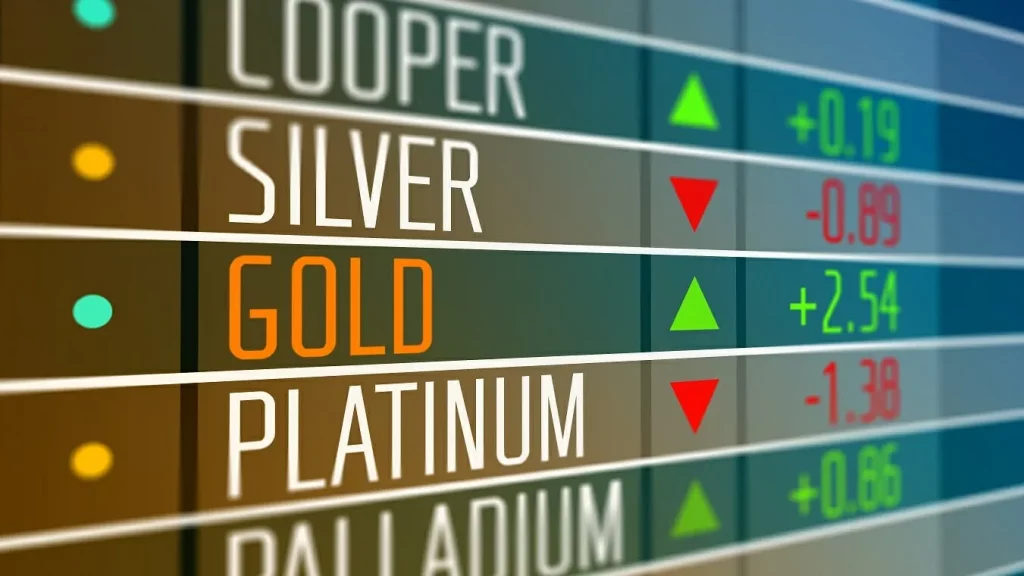The financial markets offer diverse investment opportunities, with commodities like gold and oil. The gold and oil price forecasts grab attention due to their historical significance and potential for ample returns. Everyone can consider commodity trading, but it differs slightly from stock trading.
VSTAR is a reliable brokerage platform allowing new and seasoned traders to gain access to gold CFDs and many other commodities. Stock traders planning to diversify their investment portfolio and add commodity trading, particularly in oil and gold, must be aware of various factors differentiating these markets from equities.
Market Dynamics and Influencing Factors
One of the fundamental aspects that stock traders should grasp is the unique market dynamics of commodities.
- Unlike equities, which represent ownership in a company, commodities are physical goods.
- Supply and demand dynamics play a paramount role in price fluctuations.
- Geopolitical tensions, OPEC decisions, and production levels significantly impact prices for oil.
- Conversely, gold is influenced by factors such as central bank policies, inflation rates, and global economic stability.
Stock traders must stay informed about these factors to anticipate potential price movements accurately.
Risk and Volatility
Commodity markets, including oil and gold, are renowned for their inherent volatility and risk levels. Price swings can be abrupt and intense, often driven by unforeseen events. Stock traders must be prepared to handle higher volatility compared to equities. Top gold trading tips include adequate risk management strategies like –
- Position sizing
- Stop-loss orders
- Portfolio diversification
A risk management strategy is essential to mitigate potential losses. Traders need to recognize that successful commodity trading requires a distinct mindset and risk tolerance compared to traditional stock trading.
Market Access and Instruments
Oil and gold can be traded through various instruments, each carrying its nuances.
- Futures contracts and exchange-traded funds (ETFs) are common trading vehicles for oil. Futures contracts involve substantial leverage and expiration dates, necessitating understanding margin requirements and contract rollover procedures. ETFs offer a more accessible way to invest in oil without dealing with the complexities of futures contracts.
- Gold can be traded through futures contracts, ETFs, or physical ownership.
Understanding the mechanics of these instruments is crucial to making informed trading decisions.
Supply Chain and Storage Concerns
Unlike stocks, which exist digitally, commodities have a physical presence. Stock traders venturing into commodities like oil should be aware of the complexities of the supply chain, including production, transportation, and storage.
Disruptions in these areas can lead to price distortion and trading challenges. Understanding the nuances of these supply chain dynamics is essential for making informed trading decisions.
Psychological Awareness
Successful commodity trading requires a unique psychological preparedness. The rapid price fluctuations and the potential for large gains or losses can evoke emotional responses that may not be as prevalent in stock trading. To navigate the psychological challenges of commodity trading, it is critical to –
- Maintain discipline
- Manage emotions
- Stick to a well-defined trading plan
Traders should be prepared for wins and losses. Remember, emotions force you to make impulsive decisions, so stay strong never respond to fear of losing and desperation to recover the lost trades.
Conclusion
Expanding into commodity trading, specifically in oil and gold, offers stock traders an opportunity to diversify their portfolios and tap into unique market dynamics. Armed with above knowledge, stock traders can confidently venture into commodity trading and leverage the potential benefits while being mindful of the inherent risks.

